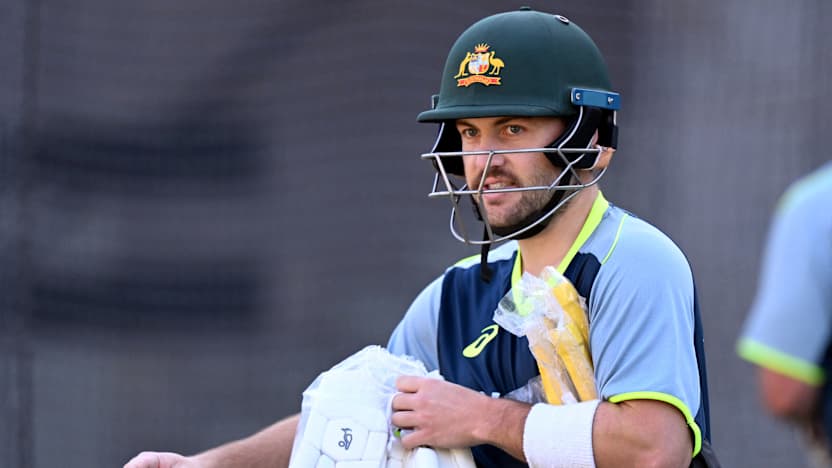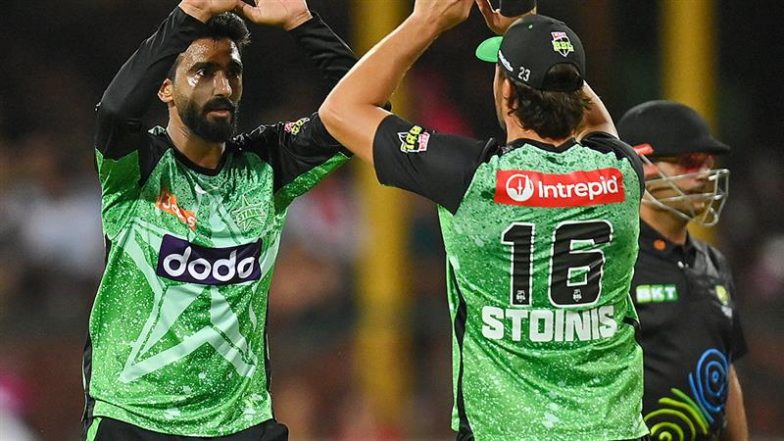Ashwin highlights glaring error in Harmanpreet-Amelia Kerr T20 WC controversy to spark fresh debate; later deletes tweet

Veteran India spinner Ravichandran Ashwin, on Friday, outlined a glaring error in the run-out controversy that unfolded during India's Women's T20 World Cup opener against New Zealand in Dubai, however, he deleted the tweet shortly after. India later lost the match by 58 runs at the Dubai International Stadium by 70 runs, leaving their campaign in a precarious spot. Ashwin had his say on the Harmanpreet Kaur-Amelia Kerr controversyThe incident unfolded during the 14th over of New Zealand's innings when Amelia Kerr pushed for a single after drilling the length ball from Deepti Sharma towards long-off. Harmanpreet Kaur collected the ball with ease and sprinted towards the bowler's end, but soon realised that New Zealand were looking for a second single. She immediately threw the ball towards wicketkeeper Richa Ghosh, who dived to run out Kerr.However, the New Zealand batter was stopped on her way back to the pavilion when the on-field umpires deemed it a dead ball, sparking major controversy both on and off the field. Harmanpreet was not all happy with the decision and furiously argued with the umpires, while head coach Amul Mazundar, baffled at the call, was spotted having an animated discussion with the match referee.The incident went viral on social media with Indian cricket fans questioning the logic behind the dead-ball call, raised a burning question upon highlighting that the second run began after the over was called."The over was called before the start of the second run. Whose fault is this really? @prithinarayanan," Ashwin wrote before deleting his post.Screengrab of Ashwin's tweet on T20 World Cup controversyWhat does the dead-ball law say?The on-field umpires may have made a mistake in calling it a dead ball, but with them sticking to their decision to not give Kerr out, they abided by the Laws of Cricket. According to Law 20, which pertains to dead ball, clause 20.1 states: "The ball shall be considered to be dead when it is clear to the bowler’s end umpire that the fielding side and both batters at the wicket have ceased to regard it as in play."In fact, neither of the two sides stopped the play as New Zealand attempted a second run, while Harmanpreet looked to inflict the dismissal. However, the umpires could do nothing once they made the decision to call it dead ball as clause 20.6 states: "Once the ball is dead, no revoking of any decision can bring the ball back into play for that delivery."











